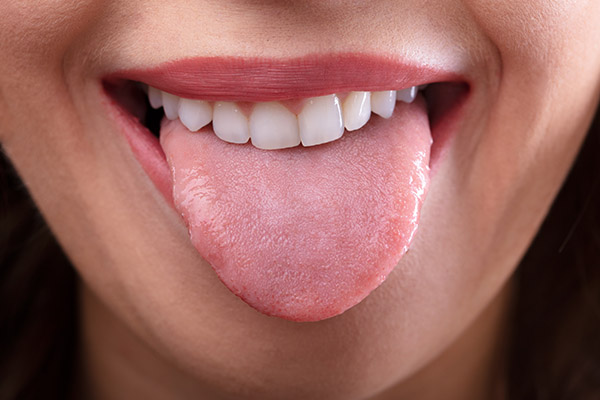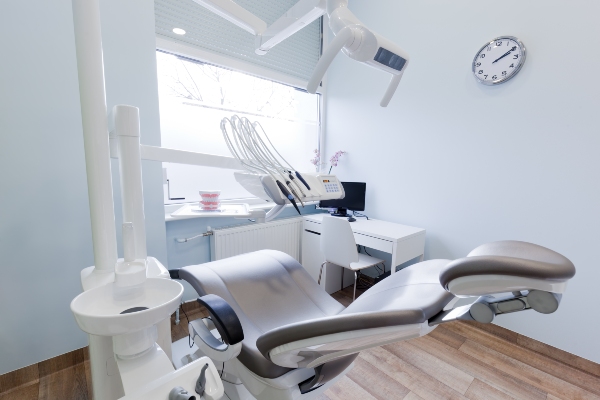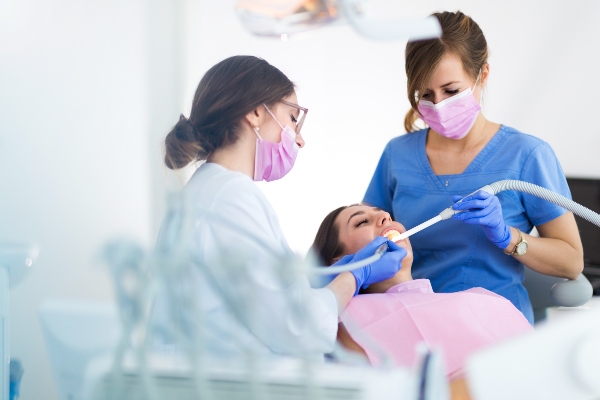 Brushing and flossing are essential oral hygiene basics that help prevent tooth decay and gum disease. While many people pay careful attention to their teeth and gums, the tongue is often neglected. However, this large surface of the mouth should also be cleaned on a daily basis. Doing so can help many people enjoy better oral health.
Brushing and flossing are essential oral hygiene basics that help prevent tooth decay and gum disease. While many people pay careful attention to their teeth and gums, the tongue is often neglected. However, this large surface of the mouth should also be cleaned on a daily basis. Doing so can help many people enjoy better oral health.
Why it is important to clean your tongue
The textured surface of the tongue allows it to collect and hold onto bacteria and small particles. Over time, these substances accumulate and form a multilayered biofilm on the tongue. Water alone is not enough to penetrate the biofilm and sweep away the bacteria within it. For these reasons, the tongue should be cleaned frequently.
Reduce bacterial growth
Bacteria buildup is rarely a good thing, especially in a person's mouth. The more bacteria that are present, the more likely it is that a patient can develop dental caries, oral infections, and other illnesses and diseases. Cleaning your tongue can help remove excessive bacteria and reduce these risks.
Control bad breath
Buildup on the tongue consists of more than just bacteria. Dead skin cells and food remnants can also collect here. This combination can cause bad breath, especially in the mornings. Scraping the tongue clean is one of the most effective ways to address bad breath.
Enjoy a fresher mouth
Many people find that thoroughly cleaning their tongues improves not just the smell of their mouths, but the taste and feel as well. Removing buildup from inside the mouth keeps the tongue smooth and fresh, resulting in a more pleasant feel overall. It can also help remove any repulsive flavors that result from old food particles or bacteria.
Tools and techniques for proper tongue cleaning
Swishing with water is not enough to remove the thick film from the surface of the tongue. Brushing or scraping are required for a thorough cleaning. However, just as with other oral hygiene basics, it is necessary to use proper tools and a gentle hand; otherwise, the soft skin could easily be damaged.
Brushing and scraping
Some people find it is easy to clean the tongue with a soft-bristled toothbrush. Adding this step to the end of every toothbrushing session can help control buildup. Even so, using a tongue scraper is usually more effective since it can cover the entire surface and remove the film in a single, sweeping motion.
Rinsing
While rinsing alone is not enough to remove the bacteria trapped against the tongue's surface, it can help sweep away newly loosened residue. Be sure to rinse thoroughly after brushing or tongue scraping. Using a mouthwash after these steps can also help ensure thorough cleaning by killing harmful bacteria that brushing or scraping may still leave behind.
Conclusion
Along with other oral hygiene basics, cleaning your tongue on a regular basis can help protect your teeth, gums, and the rest of your body. It can also freshen your breath and improve the overall feel of your mouth. Be sure to clean with care to avoid irritation or damage.
Request an appointment or call Gledhill Dental at 509-800-8410 for an appointment in our Kennewick office.
Related Posts
Implant supported dentures combine traditional dentures with permanent dental implants to provide a stable and secure tooth restoration option. Unlike traditional removable dentures, this option is supported by two or more dental implants rather than your gum tissues. The additional stability of dental implants may make it simpler to bite and chew meals, particularly with…
Having a solid handle on good oral hygiene basics will help preserve the integrity of your teeth and mouth health for a long time to come. Steering clear of cavities, receding gums, or decay ensures that your smile is bright and beautiful for as long as possible. If you think you already have an excellent…
Having a firm understanding of oral hygiene basics can prevent tooth decay, gum disease, and general oral discomfort. Human beings go through life developing a range of habits that impact oral health, some of which are good and some of which are bad. Avoiding these damaging behaviors promotes strong teeth and gums that can last…


